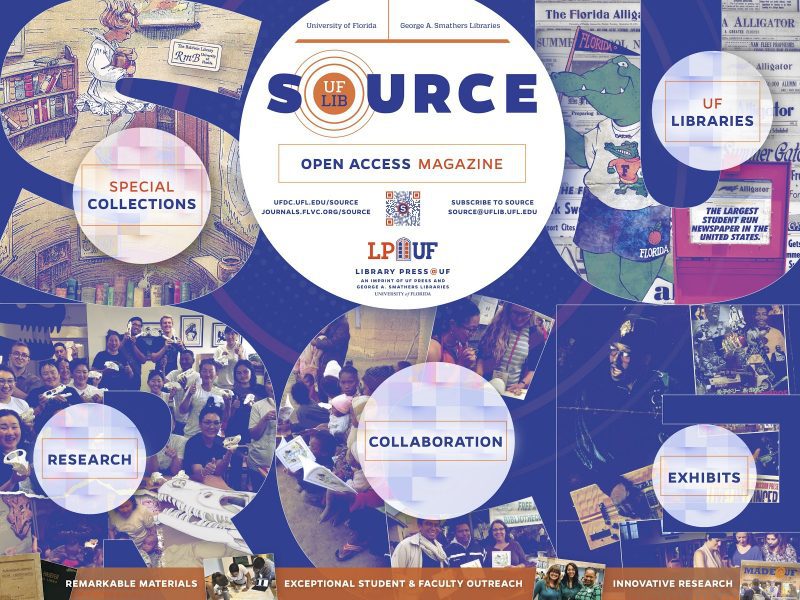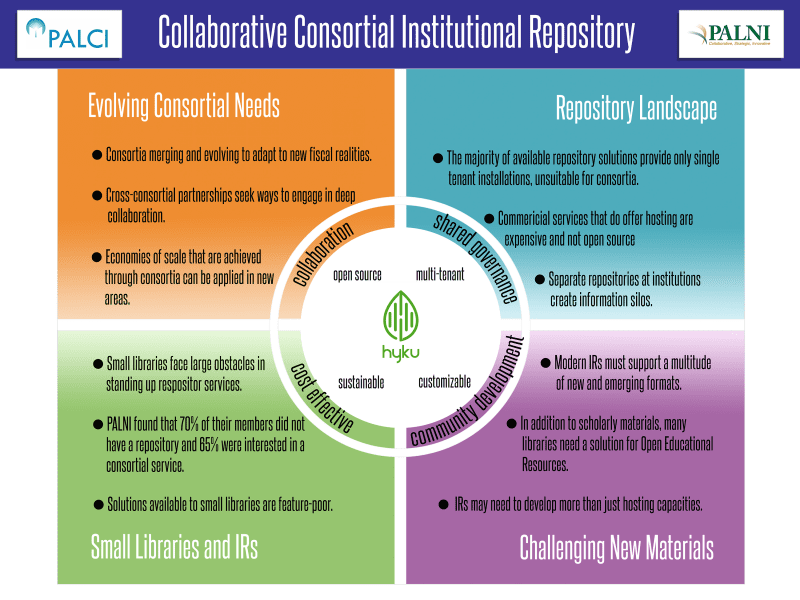July 28, 2020
By Nancy Adams
Editor’s note: When we changed the 2020 Library Publishing Forum to a virtual conference format, we gave presenters the option of converting their presentations into blog posts. This is a guest post in that series.
By David Scherer, Hannah Gunderman, Matthew Lincoln, Rikk Mulligan, Emma Slayton, and Scott Weingart (Carnegie Mellon University)
How does one publish something that is intended to be a completely immersive and interactive experience such as those designed for Virtual Reality (VR)? How does one convey the subjective experiences of emulated real-world environments? That is the challenge of defining a publishing service model for documenting the experiences of AR and VR. In 2019 representatives from the Carnegie Mellon University digital Sciences, Humanities, Arts, Research and Publishing group (dSHARP) collaborated with faculty from CMU’s English Department to publish materials related to Shakespeare-VR, https://dh-web.hss.cmu.edu/shakespeare_vr/.
The Shakespeare-VR project uses virtual reality technologies to bring students face-to-face with professional actors performing Shakespearean soliloquies in a replica of Shakespeare’s Blackfriars Playhouse. Beyond Publishing the VR experiences, dSHARP examined the complexity of publishing the accompanying OER-based pedagogical materials produced by Shakespeare-VR. As dSHARP has continued working with colleagues from CMU’s Department of English, a need arose to develop an AR/VR Portal where researchers and scholars designing AR and VR experiences with accompanying pedagogical materials could publish and share their scholarship.
This presentation will discuss the new initiative at CMU to produce and publish materials related to the experiences of AR and VR through using our institutional repository, KiltHub and its connection to the primary web presence of the Shakespeare-VR Project. This presentation will discuss the background and complexities of working with and documenting AR and VR, and how the challenges of working with AR and VR could be addressed at scale. This presentation will also explore how future library publishers can assist in adding context to the publishing of AR and VR materials, and how these could be incorporated into future OER-based pedagogical materials to teach the design, construction, and use of AR and VR.
Watch/access and download the presentation, a PDF of the presentation slides with notes, and a PDF of the presentation slides without notes from the Carnegie Mellon University KiltHub Repository.



